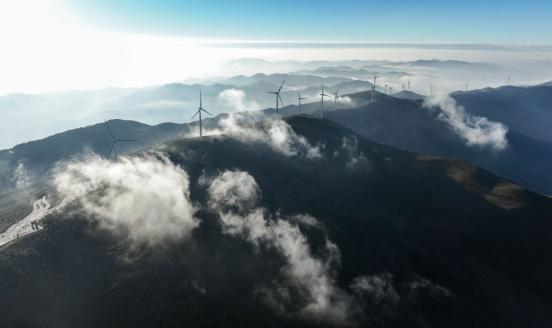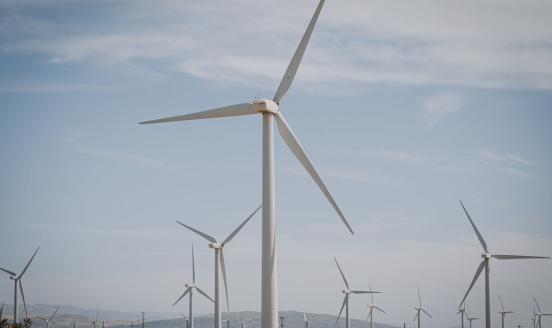On gains, losses, and trade-offs: the case of Border Carbon Adjustment
How will the border carbon adjustment be implemented and what will be the implications?

Speakers
Georg Zachmann
Senior fellow
Gabriel Felbermayr
President, IfW Kiel Institute for the World Economy,
Border Carbon Adjustment (BCA) is justifiably one of top priorities of the European Commission. With a ten-year deadline to drastically lower the GHG emissions, the Commission is planning to test the new measures already later this year, potentially starting with the industries producing steel, cement, and aluminum.
Inevitably, there is a lot of negative commentary surrounding the proposal - critics argue that the emerging countries' industries will be put at a disadvantage, they wonder if the BCA is WTO-compatible, and finally, they question the very feasibility of the implementation of the tax.
At this event our fellow Georg Zachmann talked about his paper, "A European carbon border tax: much pain, little gain", where he argues that the European Commission should not make the implementation of a carbon border adjustment mechanism into a must-have element of its climate policy.
There is little in the way of strong empirical evidence to offer justification for the problem the mechanism looks to address, direct carbon leakage.
Furthermore, significant logistical, legal and political challenges will arise during the design. A key problem with the limited form of adjustment currently under consideration will be trade deviation. The EU should instead focus upon the implementation of measures to trigger the development of a competitive low-carbon industry in Europe.
Video and audio recordings






